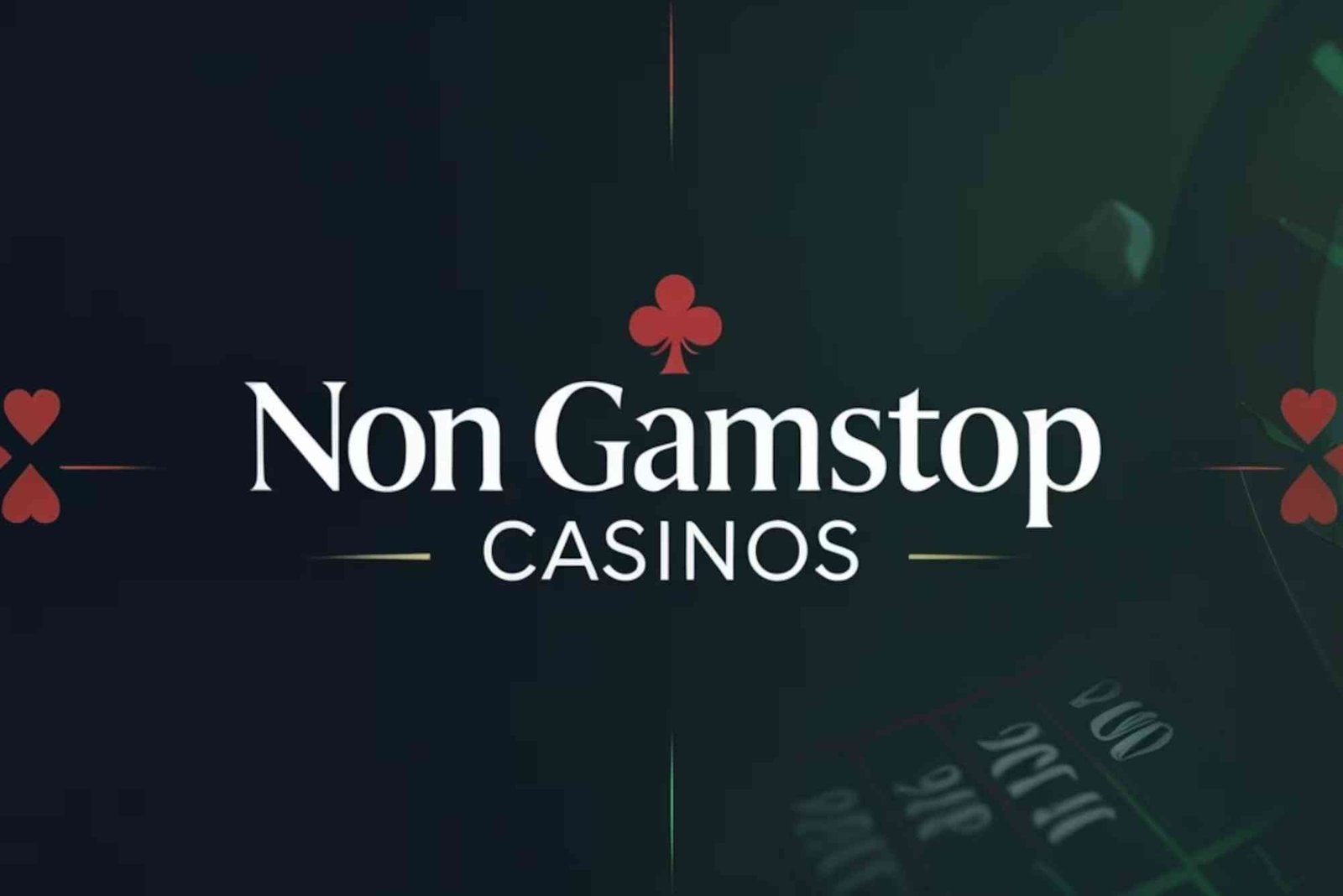Casino bonuses are one of the biggest attractions in the online gambling world. They promise extra spins, deposit matches, cashback rewards, and VIP perks that can turn a small bankroll into a big opportunity. To many players, bonuses feel like free money — a way to extend playtime and improve chances of winning. But as appealing as they sound, there’s a growing concern among experts and regulators that bonuses might also contribute to problem gambling.
Can these enticing offers push players toward risky habits? Or are they simply harmless marketing tools? In this article, we’ll take a closer look at how casino bonuses work, how they affect player psychology, and whether they can blur the line between entertainment and addiction.
Understanding the Psychology Behind Bonuses
Bonuses in online casinos aren’t random acts of generosity — they’re carefully designed marketing strategies. The moment you sign up, you’re greeted with a “welcome bonus.” Deposit a certain amount, and the casino will match it — sometimes doubling or tripling your funds. Then come free spins, cashback offers, loyalty programs, and time-limited deals designed to keep you returning.
The psychology behind this is simple but powerful. Bonuses trigger the reward system in the brain — the same one linked to dopamine release. Every reward or win, no matter how small, reinforces the desire to keep playing. This makes players feel like they’re constantly “winning something,” even when they’re spending more than they planned.
For recreational players, this can stay harmless. But for vulnerable individuals or those with addictive tendencies, bonuses can make self-control far more difficult. The constant availability of “something extra” can mask losses, distort risk perception, and create the illusion that gambling is always beneficial if a bonus is involved.
The Role of Bonuses on the Top Gambling Platforms
If you browse through the top 10 gambling sites uk, you’ll notice that every platform offers some form of promotion. Bonuses are a competitive necessity in today’s iGaming market. Players expect them — and casinos use them to stand out in a crowded space.
Most reputable UK gambling platforms are regulated by the UK Gambling Commission (UKGC), which enforces strict rules on how bonuses are advertised. For example, casinos must clearly state wagering requirements and avoid misleading language like “free money.” Yet even within these rules, bonuses remain powerful motivators.
The key issue isn’t that bonuses exist, but how they are perceived. Many players view them as a way to beat the system, believing that “playing with the casino’s money” reduces their personal risk. In reality, high wagering requirements often mean players have to bet much more than they initially planned to unlock any winnings. This is where the line between reward and risk begins to blur.
How Bonuses Can Lead to Problem Gambling
Bonuses encourage engagement — and engagement is the lifeblood of gambling. But this same engagement can become compulsive. Here’s how that process unfolds in real terms:
A player signs up, deposits £50, and receives a £50 bonus. They start winning small amounts, so they continue playing to meet the wagering requirement. Each spin or bet becomes a step toward a reward — not necessarily toward profit, but toward “unlocking” their bonus. The brain starts associating constant play with progress.
Now imagine losing £100 but feeling the need to keep going because the bonus balance still looks promising. This is called the sunk cost fallacy — when players continue gambling to recover previous losses, driven by the illusion of near success. In this way, bonuses can amplify risky behaviors, pushing players to chase rewards long after their entertainment threshold has passed.
The problem deepens when casinos offer retention bonuses, such as “reload offers” or “exclusive VIP deals.” These are specifically designed to re-engage dormant players. For someone struggling with gambling control, these incentives can make relapse almost inevitable.
Are All Bonuses Dangerous?
It’s important to recognize that not all bonuses lead to unhealthy gambling. For disciplined players who understand terms and set strict limits, bonuses can enhance the experience responsibly. They allow for longer play sessions, a wider variety of games, and occasional rewards for loyalty.
The problem arises when bonuses are misunderstood or misused. Players often fail to read the fine print — things like wagering requirements, maximum bet limits, and withdrawal restrictions. This misunderstanding leads to frustration, confusion, and a false sense of being “cheated,” which can fuel emotional or impulsive play.
Responsible operators try to counter this by adding cool-off periods, deposit limits, and bonus opt-outs. However, the responsibility doesn’t lie with casinos alone. Awareness, education, and self-regulation are equally essential to ensure bonuses remain a tool for enjoyment, not exploitation.
Real Stories: When Rewards Go Too Far
In my years exploring online gambling, I’ve heard numerous stories from players who fell into bonus traps. One example stands out: a player who began on a small slot site with a £10 no-deposit offer. Within two months, he was depositing daily, chasing losses under the belief that “the next spin” could unlock his bonus winnings. By the time he realized he’d spent over £2,000, his original motivation — to play casually — was long gone.
Bonuses, in this case, became less about opportunity and more about pressure. The player wasn’t gambling for fun anymore; he was gambling to meet requirements, to recover, to “not waste” the bonus. This psychological shift is what transforms a leisure activity into a dependency.
The Regulatory Landscape: A Push Toward Transparency
Regulators across the UK and Europe are now focusing heavily on how bonuses are marketed. The UK Gambling Commission, for instance, has already enforced changes requiring operators to present terms in plain language and prohibit misleading “free play” advertising.
Still, challenges persist. Some offshore casinos, not bound by UKGC rules, continue to promote unrealistic offers — like 400% match bonuses or “zero wagering” deals that hide other restrictions. These sites are particularly risky for players who don’t fully understand the legal protections of UK-regulated platforms.
The next wave of regulation may target bonus frequency and personalized incentives, especially as AI-driven marketing grows. Casinos now use behavioral data to send tailored promotions, which can potentially exploit vulnerable users. While personalization improves player engagement, it can also intensify addictive behaviors when used irresponsibly.
The Balance Between Incentive and Responsibility
Bonuses don’t have to be eliminated; they just need to be ethical. A healthy gambling ecosystem balances marketing with player protection. That means transparent terms, voluntary bonus participation, and clear options for self-exclusion.
From a player’s perspective, the best approach is to treat bonuses as temporary boosts, not as long-term strategies. Set clear limits, understand the rules, and never deposit more just to “unlock” rewards. The excitement of bonuses should enhance your gaming experience — not dictate your decisions.
The industry, too, must continue investing in responsible gambling tools — self-exclusion portals, spending trackers, and awareness campaigns that remind users that gambling should always remain entertainment, not obligation.
Final Thoughts: Can Bonuses Encourage Problem Gambling?
The short answer is yes — bonuses can encourage problem gambling if used irresponsibly. But they’re not inherently dangerous. The problem lies in how players interpret them and how casinos deploy them. Bonuses exploit the same psychological mechanisms that make gambling thrilling: anticipation, reward, and risk. Without proper boundaries, those mechanisms can spiral out of control.
The future of gambling promotion lies in transparency and self-awareness. Players should take the time to understand offers before claiming them, and casinos should focus on sustainable engagement rather than aggressive retention tactics. When both sides act responsibly, bonuses can remain what they were meant to be — an exciting, fair, and controlled way to enhance play.





